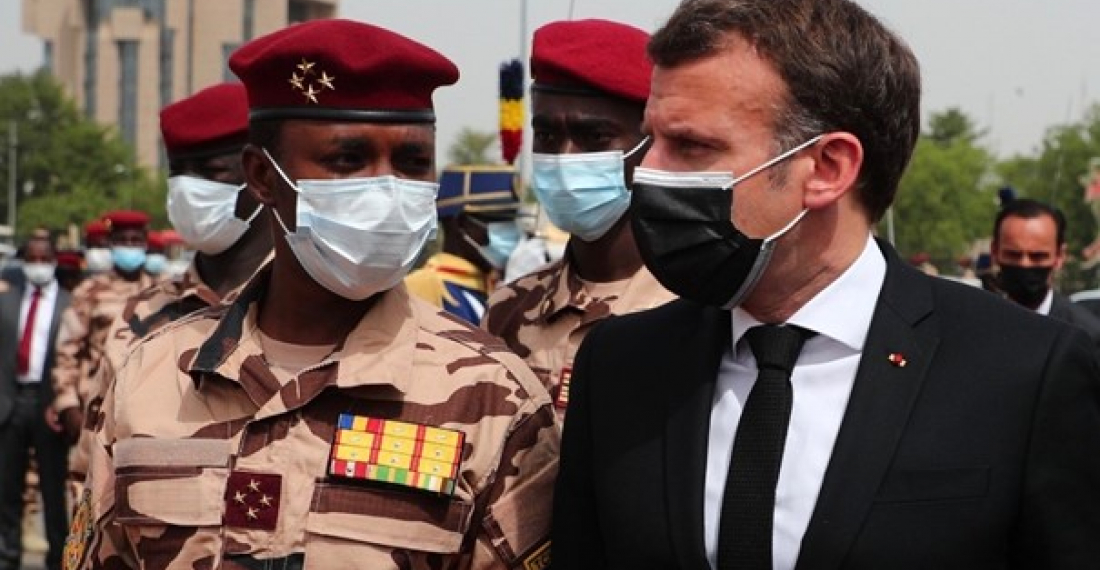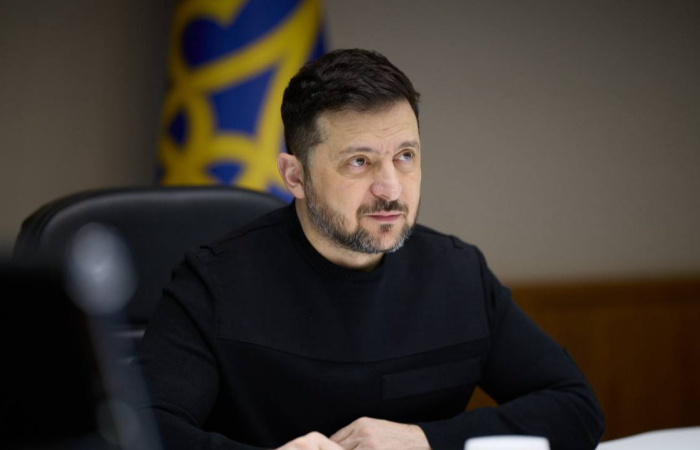A year ago, on 20 April 2021, the Chadian army announced the death of President Idriss Déby Itno, who had been the head of Chad’s authoritarian government for 30 years, died on the front line facing yet another rebellion.
On the same day, his son Mahamat Idriss Déby Itno, a 37-year-old army general, was appointed president of a transitional government and a military junta of 15 generals. This succession was coordinated with Haroun Kabadi, the president of the national assembly and constitutional successor in case of the death of the head of state.
The support of the international community, be it France, the European Union or the African Union for the young leader was immediate. At the time, Mahamat Déby promised to hand over power to civilians and to organise elections within 18 months. His army, one of the few operational ones in the Sahel, is considered indispensable in the war against jihadists in the region.
The early days were difficult. The young head of state dissolved the Chadian parliament, dismissed the government and abrogated the constitution. However, he reassured everyone, promising free and democratic elections after a transition of eighteen months, renewable once. The new strong man of N'Djamena also pledged not to run in a future presidential election.
While the African Union is demanding that the timetable for the presidential election be respected and that no member of the military council run, Déby said in June 2021 that he would not rule out an extension of the transition. According to him, his personal destiny for the presidential election depends on the ability of Chadians to agree and on the will of God.
Mahammat Déby had also promised an "inclusive national dialogue" open to all opposition forces, both political and military. This dialogue is now scheduled for 10 May after having been postponed several times. To prepare all parties involved for future negotiations, a "pre-dialogue" mediation has been organised in Qatar starting 13 March, bringing together the government and more than 250 opponents, mostly from rebel groups.
At present, the dialogue is sterile because the opposition refuses any direct negotiation with the Chadian transitional authorities and exchanges only take place through Qatari intermediaries
Imagining elections in the next six months seems far-fetched, given the accumulated delays.
The opposition accuses Mahamat Déby of sabotaging the talks in order to gain time for the elections, by imposing a large number of interlocutors with different views and objectives, which necessarily complicates the dialogue.
Thus, while Déby allows the political opposition to demonstrate, which is a change from his father's authoritarian policies, no tangible progress has been made in the last year. The maintenance of the national dialogue seems illusory, and the holding of elections on the scheduled date remains a chimera.
The perpetuation of the regime is therefore the most likely hypothesis for the moment. The power of former president Idriss Déby Itno was primarily based on his control over the army and its Zaghawa ethnic group.
As Thierry Vircoulon - associate researcher at the Sub-Saharan Africa Centre - has noted, Mahamat Déby chose continuity, and quickly consolidated his power by surrounding himself with figures from the former regime, with the Zaghawas still in charge.
This transition would represent a guarantee of stability and security in a region that has been plagued by terrorist attacks in recent years, but it would also constitute a democratic failure.
Sources: CommonSpace.eu with France24 (Paris), Le Point (Paris) and other media outlets
Picture: French President Emmanuel Macron, center, in Ndjamena, the capital of Chad, for the funeral in April 2021. Chad’s new leader, the son of the late president, is to the left of him; AFP: Christophe Petit Tesson







